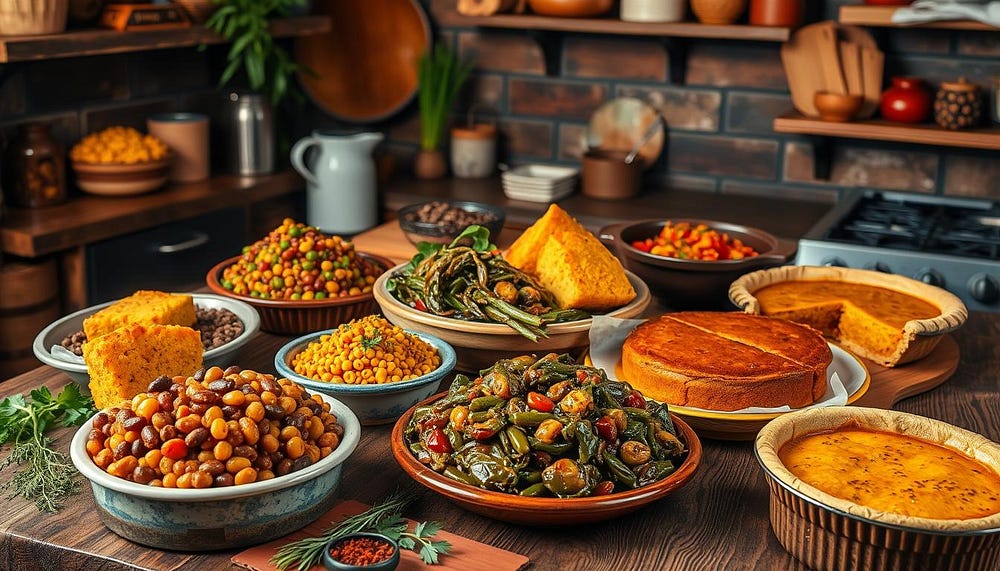VEGAN SOUL FOOD: Legacy of Our Ancestors Shows Our Future
Our Ancestors left us a rich legacy of life & lessons.

For those with African roots, eating green and clean is more than a trend; it’s a tribute.
The legacy of Our Ancestors is rich, vibrant, and yes, a little bit spicy, much like a pot of gumbo simmering on the stove.
For those of us whose roots stretch back to Africa, eating green and clean isn’t just a trendy hashtag.
It’s a nod to our grandmothers who knew that the best seasoning is a dash of love and a whole lot of fresh greens.
Our Grandmothers seasoned food with love and fresh greens, believing in eating foods you can pronounce.
They would have given a hard side-eye to frozen meals and takeout. So let’s explore why clean and green eating not only boosts our health but also honors their wisdom.
Our Ancestors thrived on leafy veggies and whole grains. They turned collard greens, mustard greens, and okra into masterpieces long before kale got its Instagram fame.
Adding more greens to your meals today is like giving your taste buds and ancestors a high-five.
They didn’t choose wilted, lifeless food; they went for vibrant, nutrient-packed veggies. And so should we.
Now, let’s talk about the seasoning. Spices were the magic that transformed humble ingredients into unforgettable meals.
Vegan Soul Food is more than just food. It's a big change in culture across many places.
People from Africa to the Americas to the Caribbean & Europe are choosing a plant-based diet.
They mix old traditions with new health ideas.

This change comes from many reasons. It's about history, ethics, and health.
It also shows the rich experiences of the African Diaspora
Think about the aromas of sage, cayenne pepper, garlic or that pinch of smoked paprika that makes you feel like you’re at a family reunion.
These spices didn’t just flavor the food; they told stories. They turned simple dishes into soulful feasts that nourished both body and spirit.
Picture everyone in the kitchen, chopping, mixing, and laughing.
Cooking Vegan Soul Food together isn’t just about the food; it’s about creating memories.
Imagine kids covered in flour, giggling over a rolling pin while you whip up some vegan cornbread. That’s priceless.
And let’s not forget the sense of community.
Our Ancestors knew the value of gathering around food.
Today, we can reconnect by sharing recipes, swapping tips, and hosting plant-based potlucks.
The Health Benefits of Going Vegan:

Your Body Will Thank You
Going vegan isn’t just a diet; it’s like giving your body a luxury spa retreat.
When you ditch meat and dairy, your body — and your taste buds — will throw a party. Think clearer skin, better digestion, and less bloating.
Vegan Soul Food isn’t just healthy; it’s a straight-up flavor explosion.
A plant-based diet can lower your risk of chronic diseases like heart disease and diabetes.
And the antioxidants? They’re your secret weapon to feeling younger.

Your ancestors would’ve applauded — after all, they thrived on whole foods and plants.
Bonus points: eating clean can even boost your mental health.

Now, let’s talk community.
Embracing Vegan Soul Food means joining a tribe that celebrates health, culture, and sustainability.
From vegan potlucks to community gardens bursting with produce, you’ll find your people.
So, when you fill your plate with greens, fruits, and grains, remember: you’re part of something bigger.
Our Ancestors are cheering us on from above.
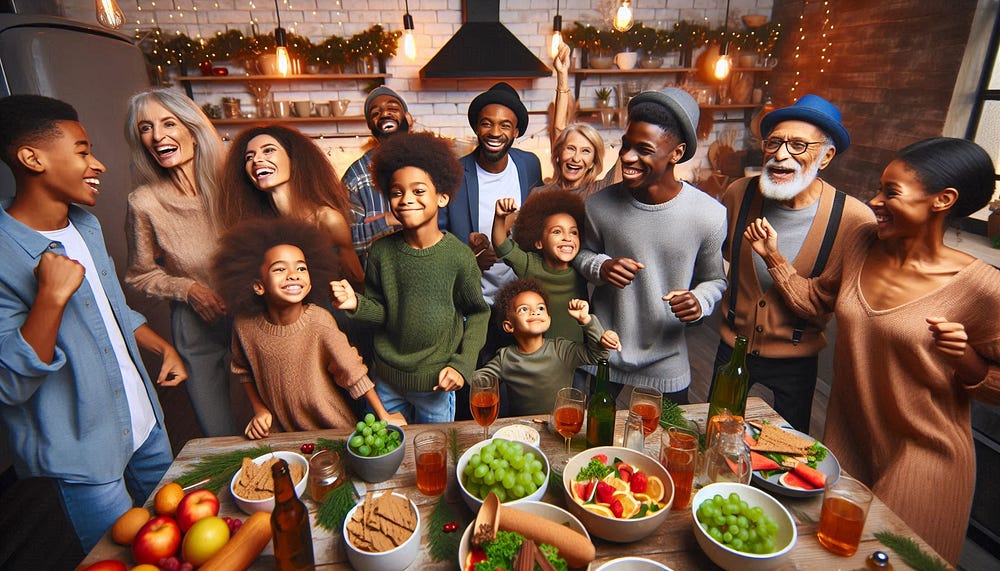
Busting Myths About Veganism!
For those of us rooted in African culture, veganism is as much about tradition as it is about health.
Our Ancestors were the original plant-based pioneers.
Vegan Soul Food is bold, flavorful, and unapologetically delicious. Forget the stereotype of boring salads.
Eating whole, nutritious foods also boosts your mood and energy.
In a chaotic world, a plant-based diet is like hitting the reset button on your health.

Introduction to Vegan Soul Food
Vegan Soul Food is a tasty mix of Southern cooking and plant-based foods.
It keeps the heartiness of classic soul food but is healthier. This makes it a great choice for those who love good food and care about their health.
Soul food recipes often use okra, corn, sweet potatoes, and rice. These are turned into vegan dishes without losing their flavor.
Plant-based proteins like legumes and tofu replace animal products, keeping the taste rich.
Spices like smoked paprika and garlic powder are key in vegan soul food. They give dishes a deep flavor.
Nutritional yeast adds a cheesy taste to dishes like mac and cheese.
Plant-based milks like almond and coconut milk are used instead of dairy. Coconut cream makes sauces creamy. This makes vegan dishes just as tasty as non-vegan ones.
Finding good ingredients is important in Vegan Soul Food.

Look for organic items at farmers’ markets and online.
This makes your dishes better and supports local farmers.
The Cultural Legacy of Soul Food
Soul food has a deep history tied to African-American culture.
It was born from the creativity and strength of enslaved Africans.
Today, it symbolizes comfort and tradition in the American South for White Southerns as well as African-Americans.
History & Origins of Vegan Soul Food
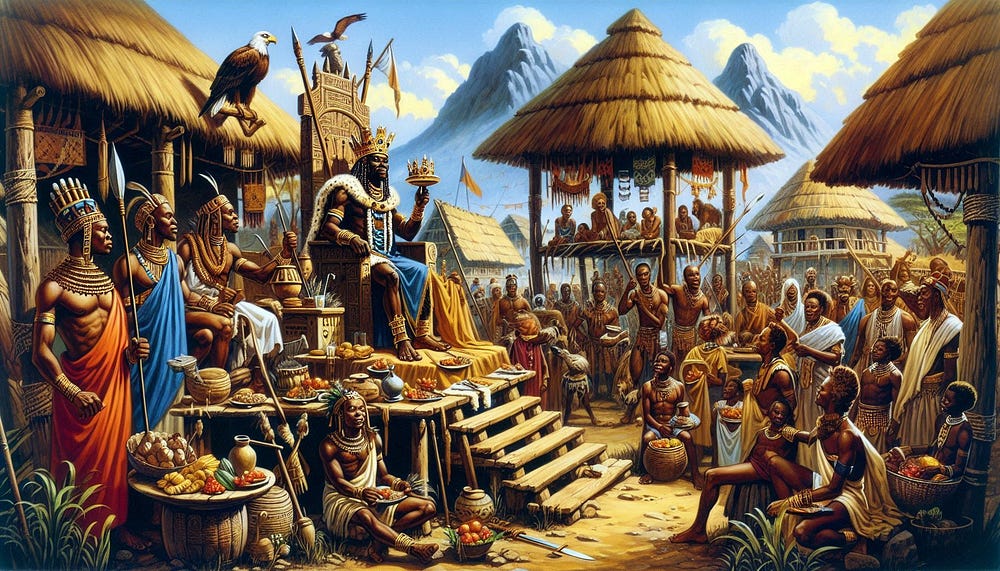
The story of Vegan Soul Food starts in West Africa.
Stolen from their Mother Land, these Enslaved Africans brought their cooking traditions here.
African diets consisted of okra, peppers, watermelon, yams, and black-eyed peas.
Eating those foods from a home these Enslaved Africans would never see again, was their way of adding a genetic DNA memory to their yet unborn descendants who they really were.

They made tasty dishes from scrap meats and veggies that their White enslavers threw away for Eslaved Africans to eat.
Those Enslaved Africans showed their creativity and ability to survive their enslavers and adapt so their future generations might survive.
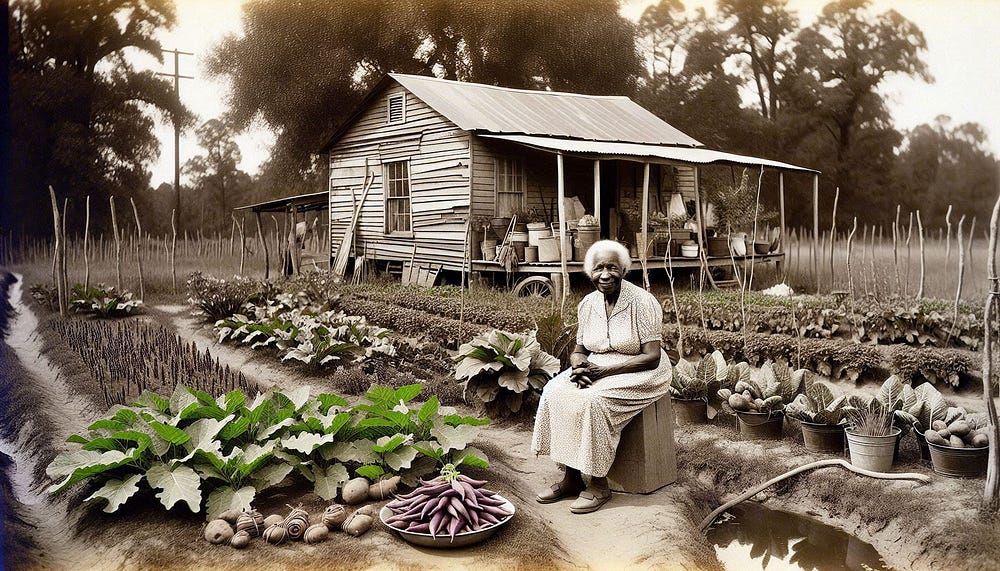
Influential Figures in Vegan Soul Food
Some big names have helped make vegan soul food popular.
People like Dick Gregory and Dr. Alvenia Fulton educated African-Americans about the positive healing benefits of eating a Vegan Soul Food diet and fasting.
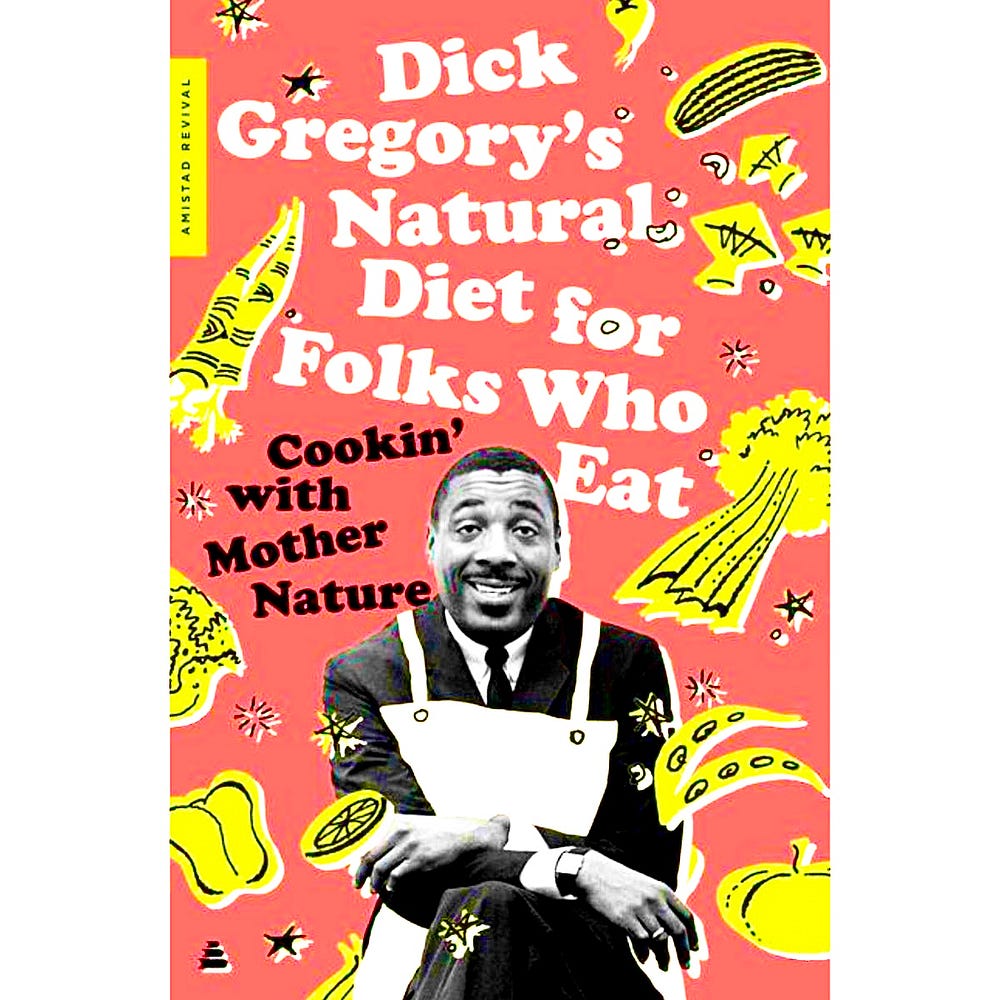
Dr. Fulton opened her vegan restaurant on the South Side of Chicago in the early 1950s.
She became Dick Gregory’s mentor in the late 1960s when he began doing long fasts to protest the Vietnam War.
Their work in the 1960s marked the beginings of the modern Black Vegan Movement.

Dr. Fulton and Dick Gregory are the modern leaders of the Black Vegan Movement.
They proved that these Vegan Soul Food recipes could stay true to their roots, even without meat.
In the 21st century, African-Americans make up the highest percentage of Vegans in the United States!
Every day, the percentage of Black People eating Vegan Soul Food & more Plant-Based Diets continuing to rise.
The Future of Veganism: Growing a Movement Together
The future of Vegan Soul Food is as bright as a West African sunrise.
It’s a movement that’s growing stronger every day, fueled by love for the planet, our bodies, and our heritage.
For those of us with African roots, veganism is more than a diet — it’s a homecoming.
Our Ancestors knew the power of greens long before kale became trendy.

By embracing Vegan Soul Food, we’re not just nourishing our bodies; we’re celebrating our cultural legacy.

